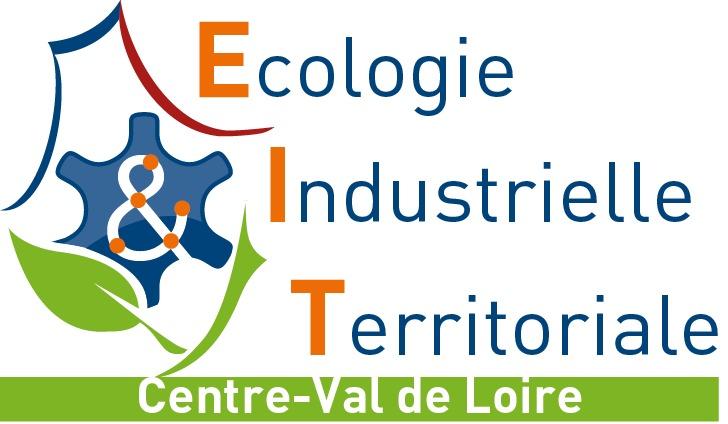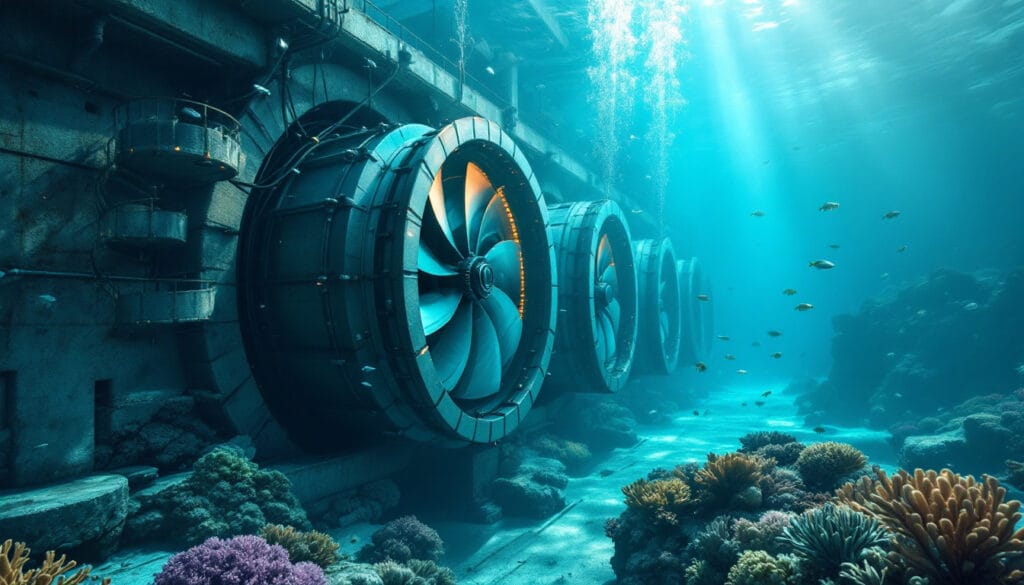Exploiting resources while minimizing our environmental footprint is a major challenge of our time. Industrial ecology presents itself as a bold response to this issue. This approach questions traditional production methods by integrating innovative strategies aimed at optimizing the flows of materials, energy, and water. Through a voluntary pooling of resources among economic actors in the same territory, the goal is to reduce environmental impacts while improving the efficiency and sustainability of production cycles. By rethinking our way of conceiving industry, industrial ecology paves the way for a more responsible and harmonious management of our natural resources.
Glossary for Understanding Industrial Ecology
Industrial ecology is an innovative approach that integrates ecological principles into the industrial sector, aiming to reduce the negative environmental impacts of production. This approach is part of a broader vision of sustainability, where each industrial actor seeks to optimize resource use while minimizing waste.
A key concept of industrial ecology is industrial symbiosis. This method encourages cooperation between different companies to exchange raw materials, energy, or waste. A company can use as a resource what is considered waste by another, thus creating an optimized network of material and energy flows.
Industrial and territorial ecology (ITE) is an extension of this concept, applied at a given geographical level. It aims to promote synergies between economic actors in the same territory to optimize the use of available resources, reduce waste, and improve the management of water and energy. This integrated process is an essential component of an environmental management strategy.
In the context of industrial ecology, the objective is to achieve a circular economy. This approach aims to extend the lifespan of products through reuse, repair, recycling, and recovery of materials. Unlike the traditional economic model of “take, make, dispose,” the circular economy emphasizes sustainability and waste reduction through a closed product life cycle.
The functional economy is also a central concept of industrial ecology. It promotes the provision of a service rather than the ownership of a good. This encourages companies to design more durable and efficient products while reducing their ecological footprint. Focusing on performance rather than quantity, this approach decreases resource consumption and strengthens the links between producers and users.
Industrial ecology strategies must also take into account climate change adaptation. Understanding how to adapt industrial systems to be resilient to climate impacts is crucial for ensuring their long-term sustainability. To learn more, you can consult this detailed article on climate change adaptation.
A pioneer in the field of industrial ecology, William McDonough has helped shape the movement through his innovations in sustainable architecture. His work has illustrated how the principles of industrial ecology can be integrated into various sectors to foster a more sustainable and environmentally friendly future.
By adopting industrial ecology, companies and territories engage in a proactive approach to reduce their environmental impact, improve their efficiency, and promote more sustainable economic development. At the heart of this initiative is the desire to transform environmental constraints into value creation opportunities, thereby addressing current ecological challenges.

FAQ: Understanding Industrial Ecology
A: Industrial ecology is an initiative aimed at minimizing the environmental impacts of industrial activities. It modernizes and optimizes techniques to conserve resources while rethinking production and consumption sustainably.
A: The principles include optimizing resource flows (materials, energy, water) and networking economic actors in a territory to enhance collective efficiency.
A: Industrial and territorial ecology (ITE) is implemented through the voluntary pooling of resources by actors in a territory, to conserve or maximize their use while transforming the way resources are managed.
A: Adopting industrial ecology allows companies to reduce the environmental impacts of their activities, achieve cost savings by optimizing resource use, and participate in a more sustainable economic model.
A: Examples include industrial symbiosis, where companies cooperate to exchange and recover waste and by-products, or the use of bioenergy to generate electricity from organic materials.
Articles similaires
Thank you!
We will contact you soon.













